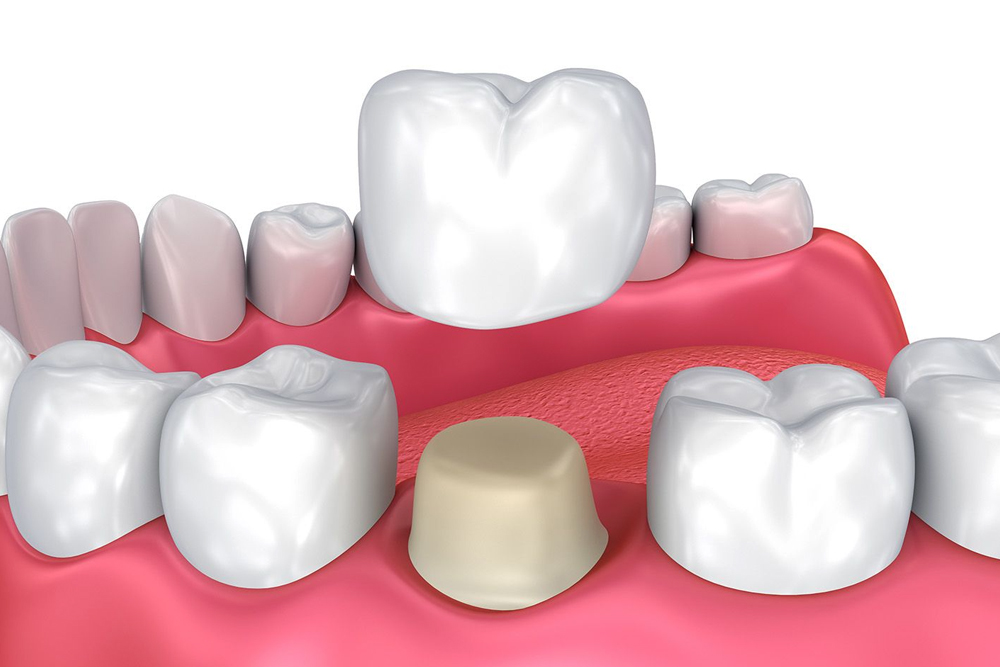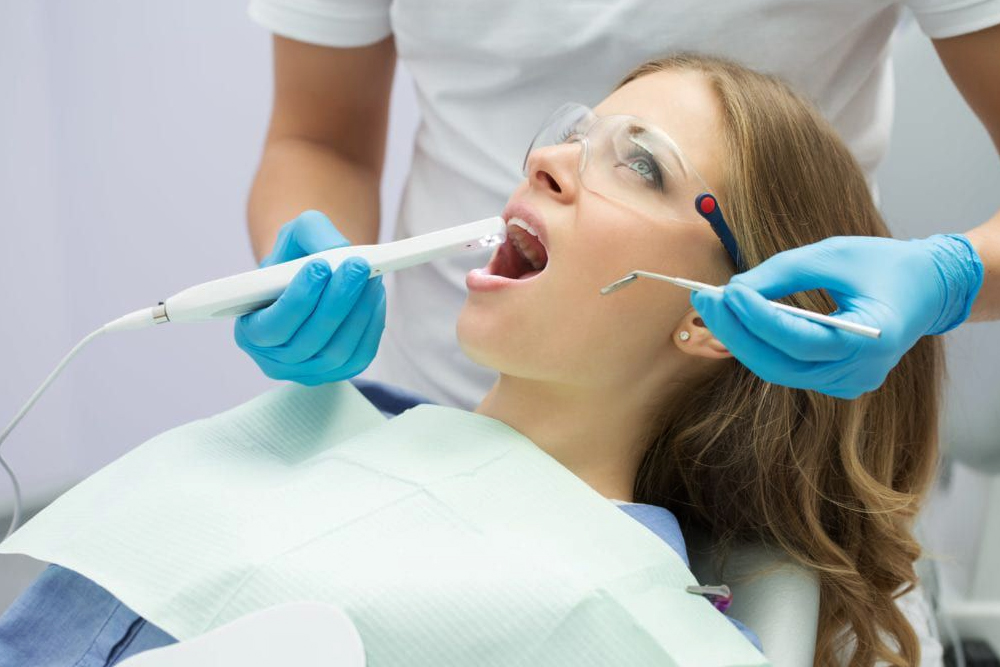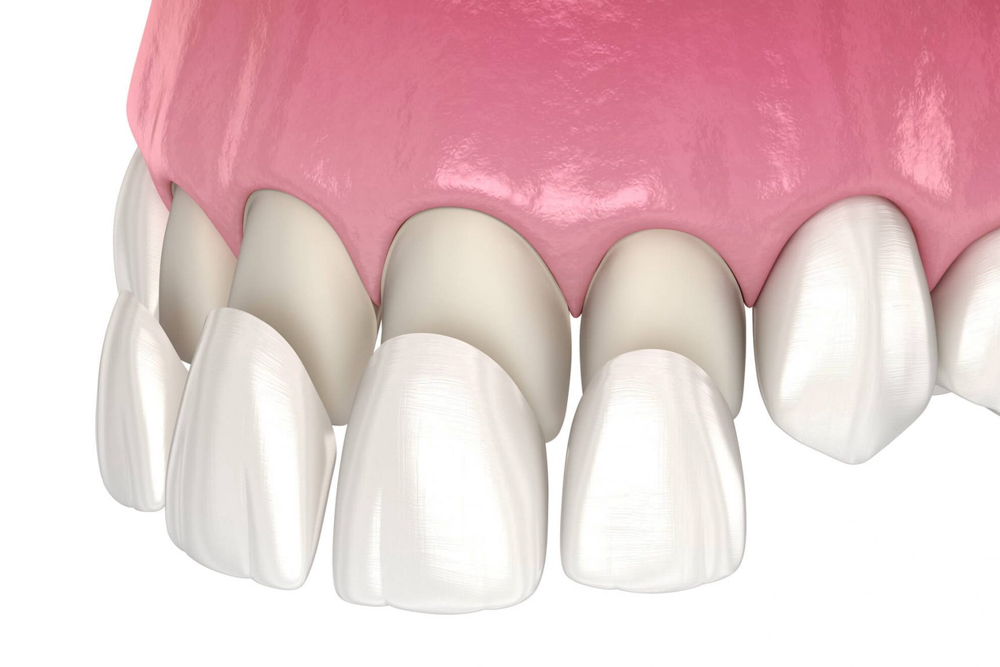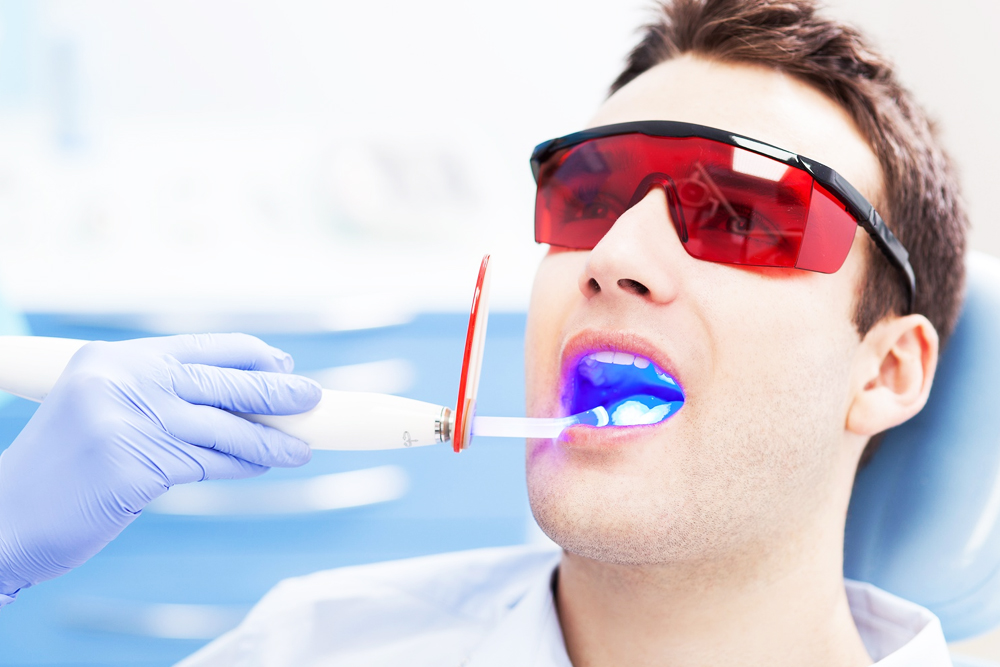Is a Crown Necessary in Certain Situations?
Dental crowns are tooth-shaped dental prostheses that are custom-made to fit comfortably over your entire tooth. Crowns can be formed of a variety of materials such as porcelain, ceramics, resin, stainless steel, gold, or metal alloy.
You are not alone if you have been informed that you require a crown to safeguard your oral health. Patients require crowns for a variety of reasons. First of all, let us begin with the introduction of Dental Crown.
What are Dental Crowns?
Dental crowns are caps that are affixed to the tops of damaged teeth. When fillings fail to remedy the problem, crowns are utilized to preserve, cover, and restore the contour of your teeth. Metals, porcelain, resin, and ceramics can all be used to make dental crowns. Other than normal good dental hygiene, they usually do not require any extra maintenance over time.
Benefits of Dental Crowns
Consider some of the top reasons why you might benefit from a custom-made dental crown.
- To repair or support your natural tooth: Dental crowns are used to restore or reinforce natural teeth that have been damaged by extensive decay, big fillings with little enamel structure remaining, or injuries such as cracks or chips. A crown allows you to keep your tooth’s functioning, healthy root while covering the damaged visible portion of your tooth beneath a strong, custom-made top.
- To enhance your dental health: If you have damage to one or more teeth, you are more likely to accumulate cavity-causing germs. This also raises your chances of acquiring more significant oral health problems, such as gingivitis and tooth decay. A dental crown that is glued to your tooth keeps microorganisms out of sensitive areas of your teeth.
- To protect your remaining tooth after a root canal: Crowns safeguard the integrity of your remaining tooth after a root canal by preventing decay and improving your overall oral health. During a root canal, your Dentist removes decay from the inside of your tooth’s root and seals the tooth to avoid additional harm. A crown provides additional protection while also restoring function.
- To fix an aesthetic flaw: Dental crowns are sometimes the greatest option for cosmetic dental disorders such as misalignment and crooked teeth, as well as malformed or discolored teeth. When your cosmetic issue involves the entire tooth, bespoke dental crowns provide a quick and straightforward solution.
Conclusion
Concluding, on reading this blog, you might have got clearer that why dental crowns are necessary after a treatment and for various purposes. I hope you found this blog quite useful. For more information, visit DentCruise and make your purchases.
Thanks for reading the blog!!




